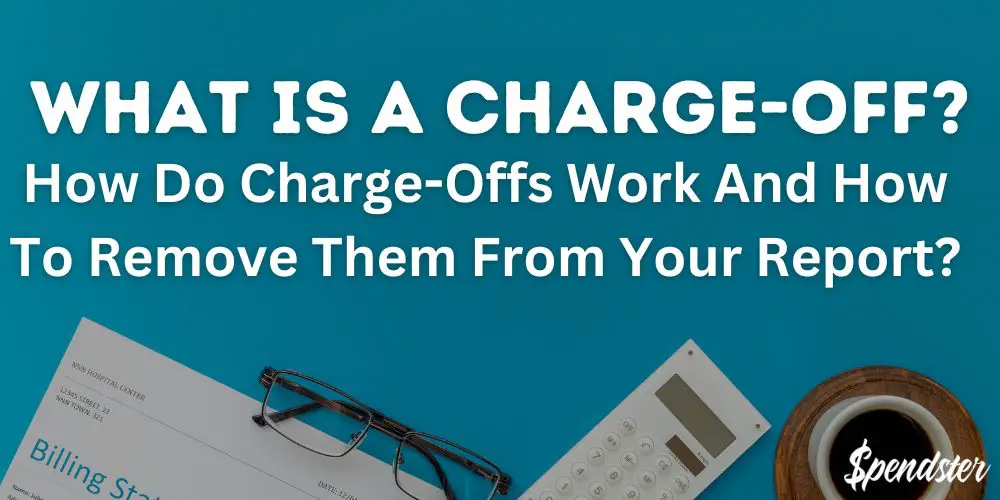Fair Credit Reporting Act – How Does It Protect Consumers?
The information from your credit report is crucial when applying for a new type of credit, and it can sometimes be a real drag to dispute negative information. Luckily, the Fair Credit Reporting Act (FCRA) is on your side as it protects your rights as a consumer!
The Fair Credit Reporting Act is a law protecting consumers by governing nationwide credit bureaus and providers of credit information, holding them accountable for the information in your credit report. In this guide, we’ll cover the essence of the FCRA, your rights under the law, and the benefits it holds for consumers.
Your Rights Under The Fair Credit Reporting Act
This act is enforced by the Federal Trade Commission, and its application in the financial world is also overseen by the Consumer Financial Protection Bureau.

Over the years, financial reports got somewhat messy in terms of the information reported to the agencies.
There have been cases where furnishers mistakenly provided information to the bureaus by mixing up the names of consumers. Also, frequent identity theft reports affected the information from the reports, so the FCRA started its journey in 1970.
As the name suggests, it ensures fair reporting practices and serves as legal protection to the consumers. Knowing your rights under the FCRA is crucial in case you find incorrect information on your report. You might not know this, but this act also gives you access to free credit reports from the three major credit bureaus.
Here’s a list of your rights under the FCRA:
- You can obtain a free credit report from each credit bureau annually
- You can dispute negative information on your credit reports
- Outdated information should be removed in a timely manner as enforced by the act
- You have to provide consent for specific types of inquiries
- You can see a list of entities that accessed your reports
Under the rights of this law, you can always remain protected in case of any misleading information. Also, you can take legal action according to the act in situations where it allows, as we’ll discuss in a bit.
How Does FCRA Affect Credit Reporting Agencies?
Many of you might not be familiar with this act, and it’s an essential tool of self-protection in a financial sense. Of course, once you receive free copies of your annual credit reports, you might notice some incorrect pieces of info.

You might be able to hold the reporting agencies accountable in this case. After all, they are the ones that submit your credit report. Still, let’s not get ahead of ourselves, and let’s consider the influence of FCRA on credit reporting agencies for a bit.
So, it’s the credit furnisher that provides information to the bureaus in the first place. For instance, let’s say that you own a credit card. You might notice that the credit report suggests you are late on your payments for several months in a row.
However, if you’ve set the payments to automatic, there’s no possible way your payments are late, is there? It doesn’t necessarily have to be the credit card’s fault, but a piece of misleading information is already submitted to the bureaus, and it already affects your credit score.
This is when the FCRA comes into your protection, as you are entitled to request an investigation from the bureau. You can dispute the negative information and the bureau is obligated to correct it on your credit report if the investigation results favor you.
Disputing Negative Information Based On The FCRA
Just giving you the right to request a free copy of your credit report makes the FCRA helpful in consumer protection. But, it gets even more helpful by giving you a chance to correct all the disputable entries.
If you have a strong case like in the mentioned example, where the furnisher of credit information states you’ve been late on your payments while your payments were automatic, you can take action under the FCRA.
So, the furnishers will also conduct a reasonable investigation to avoid any legal action and will provide new information to the bureaus.
The bureaus then correct the misleading information on all of your credit reports if you file a dispute letter with all three agencies.
Once the information has been disputed, your credit score will also jump, having in mind that the late payment listing has been removed.
Limited Access To Your Credit Report
Another useful aspect of the FCRA protection is the limited access for those that attempt to get a copy of your credit report. If you haven’t applied for new credit, and yet inquiries are sent to the bureaus asking for access, you have the right to be told.
Many hard inquiries without reasonable purpose could be devastating for your report and credit score. So, access to your credit reports is limited by the FCRA on banks, insurance companies, and rental agreements.
The FCRA regulates access to your sensitive information and consumer reporting data. Because of this, potential employers have to ask for your written consent before accessing your credit reports.
Difference Between Consumer Credit Protection And FCRA
You might have heard of the Consumer Credit Protection Act, and it’s a term that’s often confused with the FCRA. The truth is, the fair credit reporting act is a part of the consumer credit protection law.
The CCPA also includes a “Truth In Lending Act” along with the FCRA, and both these acts are there to protect the consumers. The Truth In Lending Act prevents creditors from using any deceptive tactics or unfair practices when billing consumers and marketing their services.
That’s why you have the right to receive truthful loan offers and to rely on fair and accurate credit reporting services under the CCPA, and its fair credit reporting section.
What Can You Do In Case Of A FCRA Violation?
Under the FCRA, consumer reporting agencies are obligated to provide accurate reports to other companies about your financial practices. So, if a consumer reporting agency doesn’t comply with this rule, or a data furnisher refuses to provide correct information to the bureaus under your dispute request, you can take legal action.

You can sue for economic damages, statutory damages, punitive damages, and mental anguish.
Also, if an entity without a permissible purpose retrieves your report without your consent, you can take legal action as well.
However, a nationwide credit bureau most always sticks to the FCRA, unless the furnisher provides inaccurate information. So, you can rest assured that the nationwide credit bureaus will correct the negative listing in case you file a reasonable dispute.
Final Thoughts
Ultimately, the Fair Credit Reporting Act serves as your greatest tool in financial defense once you know how to use it. If you are denied credit, you can ask to be informed about the information that the creditor obtained from the bureau, and you can use a free annual credit report to scan for disputable listings.
More importantly, you are entitled to fair and accurate credit reporting as a consumer, so you can easily build your case legally in case a furnisher provides inaccurate info to bureaus.
Hopefully, this article on the Fair Credit Reporting Act can help you out to understand your rights when it comes to reports from the bureaus and information provided by creditors.
Frequently Asked Questions (FAQ):
What does the Fair Credit Reporting Act do?
The FCRA gives you one free credit report from each bureau every year, and it works in your favor in terms of consumer protection. Because of this, you can dispute incomplete information and negative info on your report if the bureaus receive such info from the furnishers.
What are my rights under the Fair Credit Reporting Act?
Your rights under the Fair Credit Reporting Act include access to a free copy of each credit report from bureaus, the chance to dispute credit report info, and protection from inaccurate reporting.
What are the employer’s obligations under the FCRA?
Your potential employer may only access the info from credit reporting agencies regarding your credit report in case of your written consent.
Does FCRA help remove outdated information from my credit report?
Yes, the FCRA requires credit bureaus to remove outdated information from your credit report after 7 years. If the reports from credit bureaus, or even a single credit report keeps listing outdated info, you can file a dispute to remove it from your credit report.



